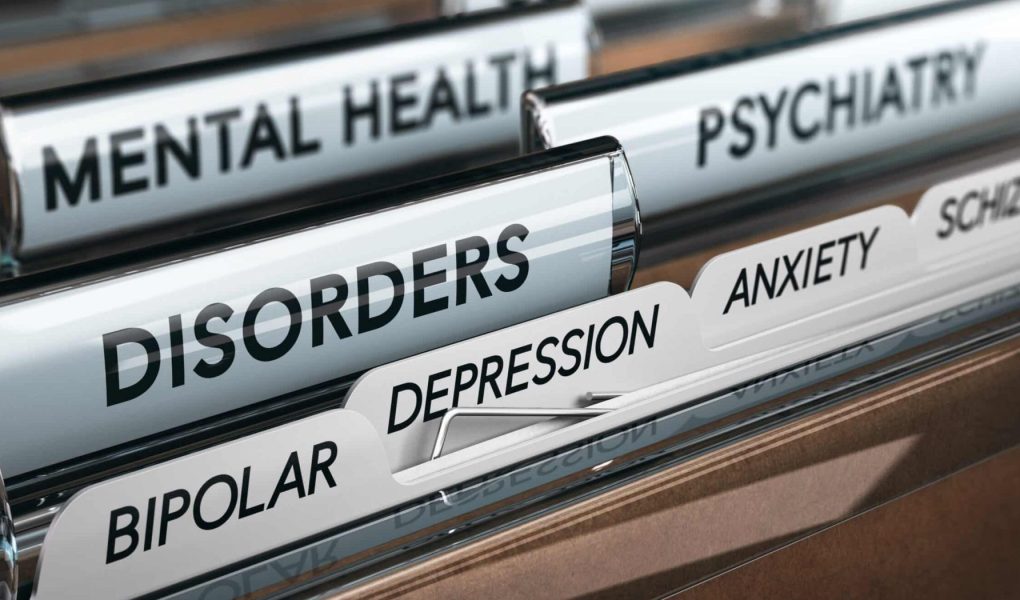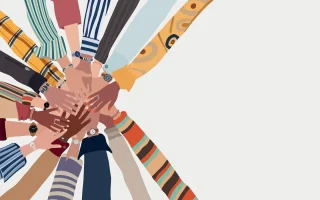As the global conversation around mental health continues to evolve, one powerful and often overlooked influence is gaining attention: culture. In 2025, more people are rediscovering the emotional strength found in their cultural identity, traditions, and community — and it’s reshaping how we approach mental wellness worldwide.
Cultural Identity: A Foundation for Emotional Resilience
Cultural background plays a major role in shaping how we view and cope with mental health challenges. Whether through language, music, food, spirituality, or family structure, culture gives people a sense of belonging and meaning — two vital ingredients for mental well-being.
Recent studies show that individuals who feel connected to their cultural roots often report lower levels of depression and anxiety. In times of stress or crisis, leaning into cultural practices — like traditional rituals, community gatherings, or storytelling — can offer emotional grounding and perspective.
The Rise of Culturally-Informed Mental Health Support
In response to increasing diversity and globalization, mental health professionals are now incorporating culturally sensitive approaches into therapy. This includes understanding a person’s background, values, and historical experiences — especially in communities affected by colonization, migration, or trauma.
Teletherapy platforms in 2025 are also evolving to include multilingual therapists and counselors who specialize in specific cultural frameworks. This shift not only improves access but also fosters trust, especially among groups that may have previously avoided mental health services due to stigma or misunderstanding.
Art, Language & Tradition: Mental Health Through Cultural Expression
Cultural expression is becoming a recognized therapeutic tool. From indigenous dance in Canada to calligraphy in East Asia and folk music in Latin America, traditional art forms help individuals express complex emotions in a non-verbal, healing way.
In many cultures, mental health conversations are also being reframed through storytelling — an ancient practice now being embraced by schools, support groups, and social platforms to reduce stigma and promote collective healing.
In 2025, platforms like YouTube and TikTok are seeing a rise in creators sharing their cultural mental health journeys under hashtags like #CulturalHealing, #MentalHealthMatters, and #MyRootsMyStrength — proving that identity and wellness go hand in hand.
What You Can Do: Reconnect with Your Culture for Mental Wellness
Here are a few simple ways to use culture as a tool for mental health:
- Learn or relearn your native language — even a few words can strengthen identity and memory.
- Cook traditional meals that remind you of family and home.
- Attend cultural festivals or events, online or in person, to feel part of something larger.
- Talk to elders or community members about their stories and wisdom.
- Incorporate traditional music, art, or rituals into your self-care routine.
Final Thoughts
In a rapidly changing world, your culture can be your anchor. It reminds you of who you are, where you come from, and that you’re never alone. As we continue to explore innovative ways to support mental health in 2025, returning to cultural roots may just be one of the most powerful — and healing — paths forward.


